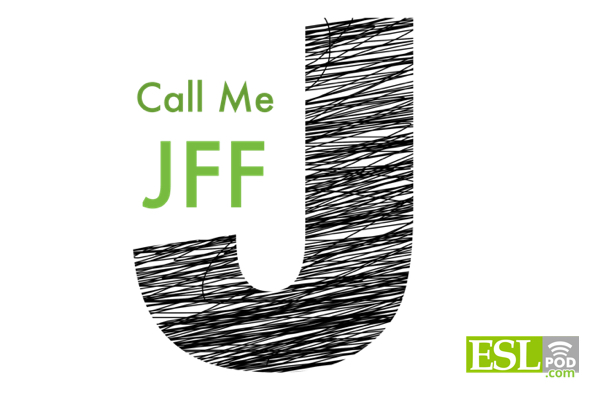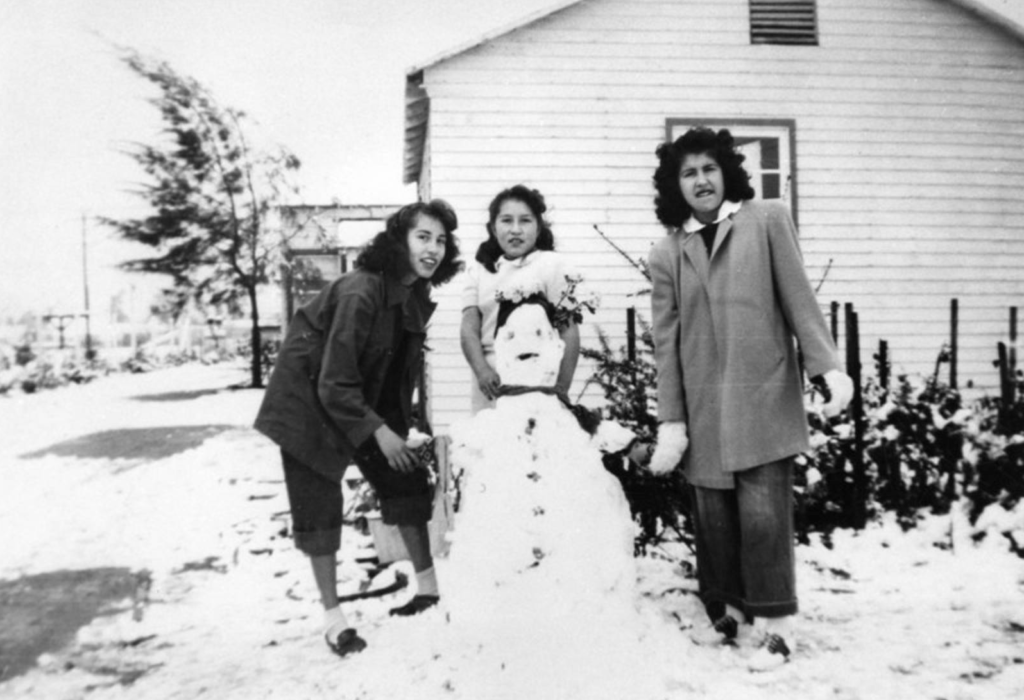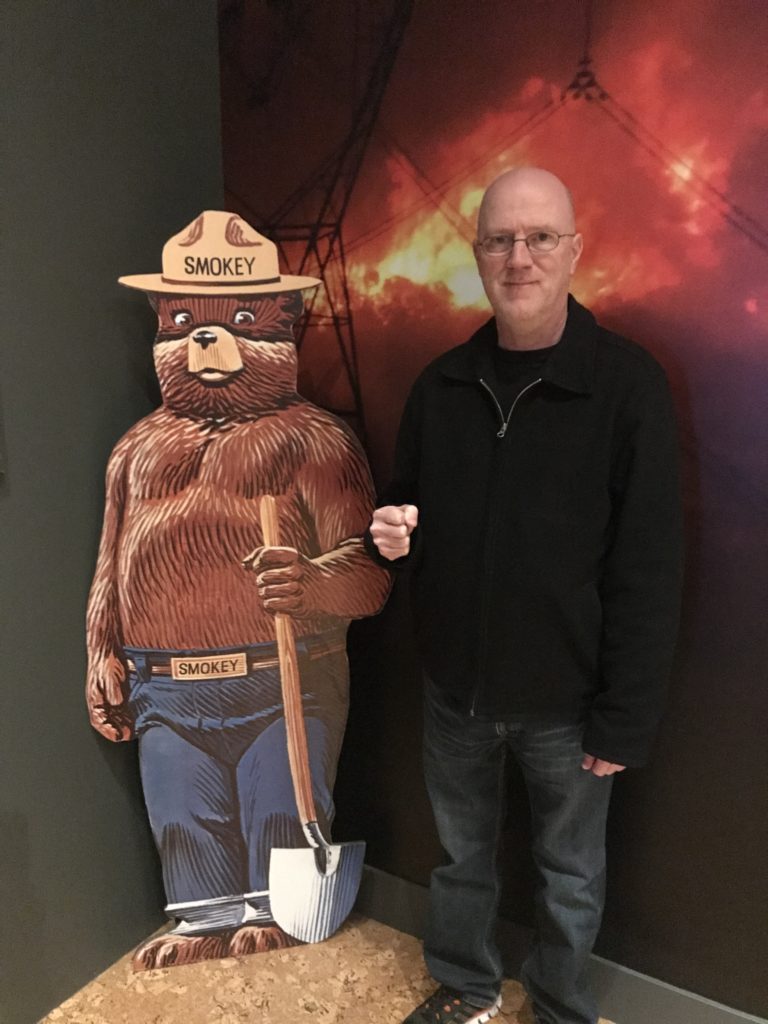 Okay, this one is for those language geeks (people who are too interested and excited about something) out there who, like me, like to know how language works and why it is the way it is.
Okay, this one is for those language geeks (people who are too interested and excited about something) out there who, like me, like to know how language works and why it is the way it is.
Silent letters. Those are the letters in a written word that we don’t pronounce. Words like “plumber” (pronounced “PLUMmer”) and “muscle” (pronounced “MUSsle”) make learning to spell in English even harder.
You might ask: Why are there silent letters in English in the first place (to begin with; at all)?
There are two reasons: “The Great Vowel Shift” and the printing press.
In the English language’s early history – say (for example), around 600 AD – the language was largely (mostly) phonetic — written the way it’s pronounced.
By the 1400s, however, English began to lose its phonetic spelling due to something called “The Great Vowel Shift.”
What caused this great “shift” or change?
The answer is that English speakers came in contact with (met; knew) speakers of other languages.
In particular (especially important), the French conquered (defeated and took over) England in 1066, and there was also a lot of trading (buying and selling) with many different countries.
This contact influenced (changed) pronunciation and spelling, especially the pronunciation of certain vowels (a, e, i, o, u).
The change was gradual (little by little), but significant (big; major).
You can listen to some of these changes here.
Also during the early 1400s, the printing press (machine for making books) was invented (created) by the German Johannes Gutenberg.
Before the printing press, as English pronunciation changed, spelling changed with it. But once printed books and materials became widely available (many people had them), spelling became fixed (not changing).
This doesn’t mean that changes in spelling don’t continue today. It just happens at a much slower pace (rate; speed).
And that’s why we have silent letters in English: pronunciation continued to change, but spelling didn’t!
Unfortunately, knowing this doesn’t help you to become a better English speller.
What WILL help, however, is doing a lot of reading.
For example, you can read our Learning Guides that come with each our lessons.
Or you can read magazines, books, and other materials that you can mostly understand and find interesting.
People who are good spellers in English are usually people who read a lot.
Reading will also help you with vocabulary and grammar, so you get three things (spelling, grammar, vocabulary) for the price of one!
~Jeff
WAIT!
Before You Go . . .
Get our FREE, 9-Page Special Report
“5 Things You MUST Know to Improve Your English”
Learn how to improve your English faster than ever with the latest, research-proven methods. Download it to find out more!
Just fill out your first name and email address below to get it:
 A.E.I.O.U.
A.E.I.O.U. When I moved to Los Angeles from Minnesota, I thought I was saying good-bye to snow for good (forever) because it never snows in L.A., right?
When I moved to Los Angeles from Minnesota, I thought I was saying good-bye to snow for good (forever) because it never snows in L.A., right? We had a lot of deadly (killing someone) forest fires in California in the past few months, so it’s a good time to talk about Smokey the Bear.
We had a lot of deadly (killing someone) forest fires in California in the past few months, so it’s a good time to talk about Smokey the Bear. Nothing brings Los Angeles to a standstill like rain.
Nothing brings Los Angeles to a standstill like rain. Lucy, the ESLPod Team, and I want to wish all of you happy holidays!
Lucy, the ESLPod Team, and I want to wish all of you happy holidays! Do you want a new ball? Write to Santa.
Do you want a new ball? Write to Santa. Most Americans get a vacation over the holidays (Christmas and Hanukah), anywhere from a few days to two weeks. So with extra time on their hands (extra time with nothing to do), many of us go to the movie theaters to watch the latest releases (the most recent movies).
Most Americans get a vacation over the holidays (Christmas and Hanukah), anywhere from a few days to two weeks. So with extra time on their hands (extra time with nothing to do), many of us go to the movie theaters to watch the latest releases (the most recent movies). When Americans say “the holidays,” they are usually referring to mid- to late-December, when the religious holidays of Christmas and Hanukkah are celebrated. It’s a happy time of year for most people.
When Americans say “the holidays,” they are usually referring to mid- to late-December, when the religious holidays of Christmas and Hanukkah are celebrated. It’s a happy time of year for most people. Okay, this one is for those language geeks (people who are too interested and excited about something) out there who, like me, like to know how language works and why it is the way it is.
Okay, this one is for those language geeks (people who are too interested and excited about something) out there who, like me, like to know how language works and why it is the way it is.